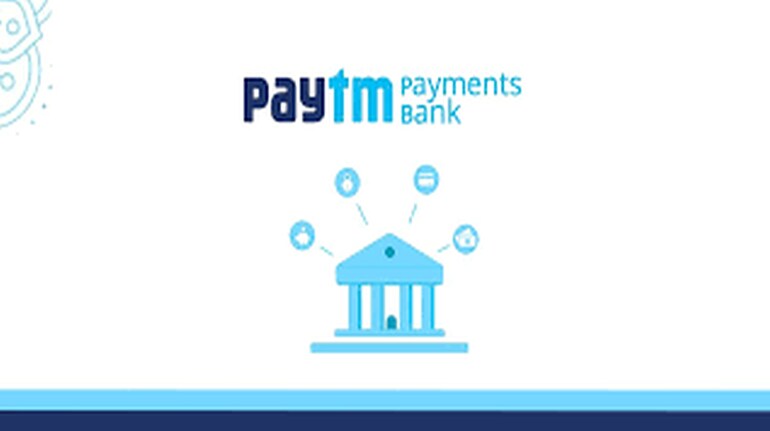
The Reserve Bank of India’s March 11 move to bar Paytm Payments Bank from onboarding new customers could be due to several reasons including violation in following norms related to Know Your Customer (KYC), data storage, data privacy and outsourcing of data, among others, said experts.
Vijay Shekhar Sharma-promoted Paytm Payments Bank has also been directed to appoint an IT audit firm to conduct a comprehensive System Audit of its IT system, the RBI said in a release.
"Onboarding of new customers by Paytm Payments Bank Ltd will be subject to specific permission to be granted by RBI after reviewing report of the IT auditors. This action is based on certain material supervisory concerns observed in the bank," the regulator said.
Yogesh Pirthani, partner at ELP, said the RBI has vast powers under section 35A of the Banking Regulation Act, 1949 to impose restrictions on a banking company. Pirthani believes the RBI must have sought Paytm Payments Bank’s response on IT-related discrepancies and upon unsatisfactory response from the latter, the central bank must have taken such an action.
“It is very clear that the RBI has concerns with the IT system of Paytm Payments Bank. Data privacy, KYC, data storage these are RBI’s core issues. The RBI has instructed MNCs to have their data centres in India and that is why American Express was also barred. RBI has very clear guidelines on data centre, data storage, data outsourcing etc,” Pirthani says.
Pirthani was referring to the RBI’s July 14, 2021 order that restricted Mastercard from on-boarding new domestic customers onto its card network due to non-compliance with local data storage norms. The central bank had also restricted HDFC Bank from launching new digital banking initiatives and issuing new credit cards due to multiple glitches in the bank's internet and mobile banking systems.
An e-mail sent to Paytm Payments Bank did not elicit a response till the time of publication.
A senior analyst who spoke on the condition of anonymity said the exact violation by Paytm Payments Bank is hard to predict, but it must be something significant in nature. In case of HDFC Bank, the lender was allowed to function its other services, but Paytm Payments Bank has been asked to stop onboarding of new customers altogether, which will have a significant impact on the fintech major’s growth plans.
This may also likely delay the plans of Paytm Payments Bank to apply for a small finance bank (SFB) licence in June. “If the regulator is not sure about your systems and functioning, for sure it will take longer for them to give the licence to you,” a source said.
Paytm Payments Bank commenced its operations on May 23, 2017. On March 9, Moneycontrol reported that the lender will likely apply to the RBI for a SFB licence by June.
According to Paytm Payments Bank website, the company has 100 million KYC customers and it is adding 0.4 million users every passing month. "We are also the largest issuer of FASTag with over 8 Million FASTag units issued," the bank’s website says. As per Paytm’s earnings presentation, loans amounting to Rs 2,181 crore were disbursed through Paytm during Q3FY22. In terms of volumes, over 4.4 million loans were disbursed through the platform in October-December.
This is not the first time the RBI has asked Paytm Payments Bank to stop onboarding of new customers. In 2018, as per reports, Paytm Payments Bank had stopped enrolment of new customers on its platform following observations made by the RBI. Paytm reportedly stopped enrolling new customers following an audit by RBI, which made certain observations about the process the company follows in acquiring new customers and its adherence to KYC.Why did RBI bar Paytm Payments Bank from onboarding new customers? - Moneycontrol
Read More

No comments:
Post a Comment